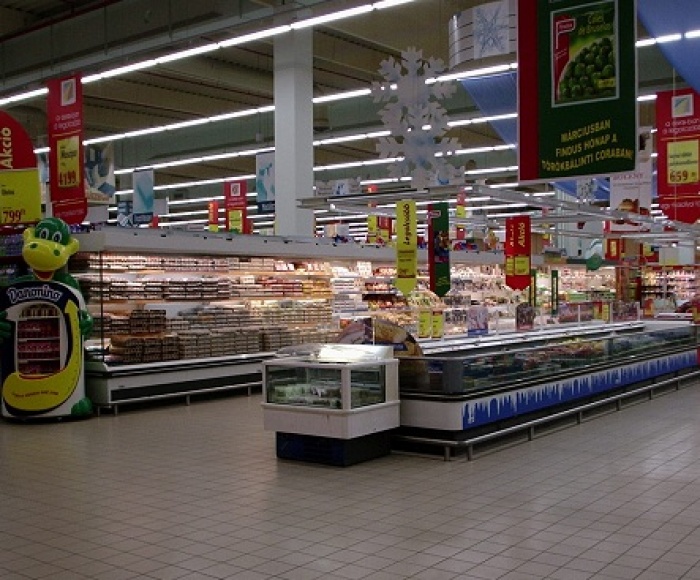By: Rabbi Tsvi Heber, Director of Community Kosher Operations, COR
Keeping kosher has never been easier for kosher shoppers. Statistics show that kosher certified products now represent a whopping 1/3rd of all products for sale at American and Canadian supermarkets. Truly astounding is the range of products that bear a kosher logo. While the need for kosher certification of meat and most processed foods is self evident, kosher symbols are even known to appear on “intrinsically kosher” items such as raw grains and spring water. What’s more startling is that companies are increasingly requesting kosher certification for cleaning products and even paper towel! While there are certainly many more kosher consumers today than in years past, the surge in variety of kosher products has more to do with the power of “kosher.”
One of my colleagues recently visited a soap manufacturer. “Rabbi,” said the company representative, “we need to get our laundry detergent kosher certified.” My colleague replied, “Sir, laundry detergent does not require kosher certification; kosher is for food!” “You’re making a mistake, rabbi, to consumers, kosher means quality and laundry detergent should be kosher too!” Indeed, a recent survey proved that only 15% buy kosher because they are Jewish. Other reasons included quality, safety, and those who are vegetarians, vegan or are lactose intolerant. These consumers are the drivers of the all-encompassing kosher market that exists today.
While kosher consumers surely reap the benefits of this expanded kosher market, it has also caused some confusion. Certifying intrinsically kosher products creates an impression that such products are not kosher unless they are certified. The reality is detergent obviously does not require kosher certification nor do many other foods, even some processed ones. Products like extra virgin olive oil, frozen blueberries, dried dates, unflavoured beer and coffee, salt and pepper are kosher without certification. This knowledge is critical to travelers and to the rest of us when kosher certified products are not available or more expensive.
On the other hand, kosher consumers may unknowingly purchase uncertified products that are assumed to be kosher, when in fact they are not. One observes kosher consumers indiscriminately purchasing from various uncertified coffee shops and ice cream parlours. While some products are made from exclusively kosher ingredients, others are not. The use of non-kosher utensils and equipment is a significant issue which must be weighed accordingly.
I have many stories to tell – including discovering a popular frozen yogurt parlour erroneously telling its customers that their flavours were certified kosher when, in fact, they were not. Recently, we met with a franchisee of a large ice cream chain. She was interested in kosher certification because many of her customers want strictly kosher and she is not always able to provide it. She cited an example of a sorbet whose kosher symbol was suddenly removed from the container. Another time, she was unable to buy a kosher topping so she bought the non-kosher equivalent. Customers who were not aware of these sudden changes purchased the non-kosher products. She didn’t want that responsibility anymore so she turned to COR!
In summary, food manufacturing today is complex, and the much sought after kosher designation helps consumers of all stripes stay informed. And as always, the COR is here to help provide that information.
Rabbi Heber directs the community division of the COR and is responsible for kosher certification of its community establishments. Rabbi Heber is available for questions at 416 635-9550 ext 365.

